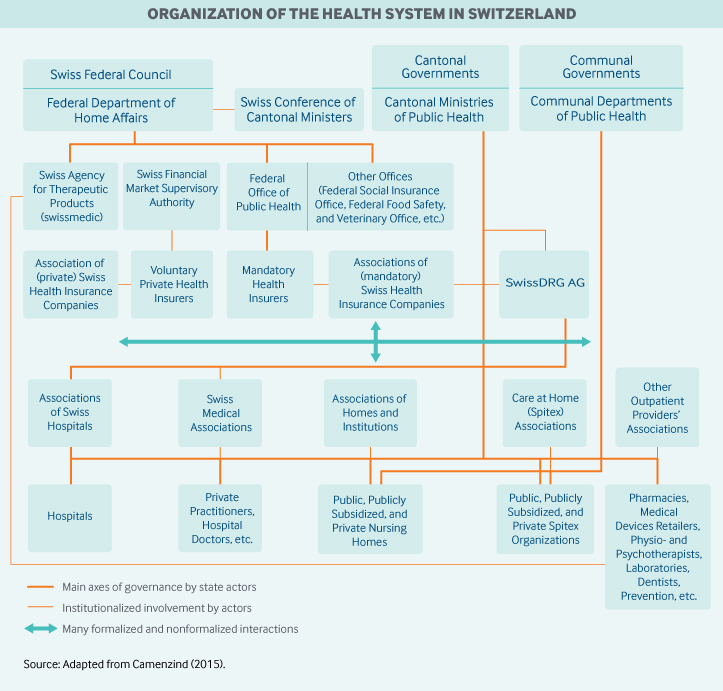What is a copayment?
A copayment is a defined dollar amount a patient pays for medical expenses. With many health insurance plans, a patient pays 100 percent of costs out-of-pocket until they have met their deductible. After meeting the deductible, a patient pays a copayment (often shortened to “copay”).
Do I pay the same copayment for all types of healthcare services?
(WIVB) – Independent Health will waive copayments or cost-sharing for COVID-19 medical testing, diagnosis, and treatment for its fully-insured employer groups, Medicare Advantage, Medicaid,. The Copay Elite Network is a good choice if: You live in Dodge, Iowa, Green Lake or Jefferson County. You want an innovative way to receive care. If you select a primary care provider designated as a Tier 1 Provider, you will pay lower office visit copays. Independent Health is a Medicare Advantage organization with a Medicare contract offering HMO, HMO-SNP, HMO-POS and PPO plans. Enrollment in Independent Health depends on contract renewal. Every year, Medicare evaluates plans based on a 5-star rating system.
No. Health insurance plans set different copay amounts for different types of services, such as an emergency room visit vs. an office visit. For prescription drugs, most plans define different copayments for different categories (formulary tiers) of drugs. For example, a plan might have a $10 copay for a generic drug, $25 for a preferred brand-name drug, $50 for a non-preferred brand-name drug, and $100 for a specialty drug.
Plans may also require a mixture of copayments and coinsurance. For example, you may have a copayment for prescription drugs, but coinsurance for a hospital stay. And, insurance plans sometime “stack” copayments and coinsurance. For example, you might pay a baseline copayment of $100 for a hospital stay plus 20 percent of charges for healthcare services you receive during your stay.
Do copayments vary if I go to an in-network vs. out-of-network provider?
Yes, almost all health insurance plans require the patient to pay more for an out-of-network service. Check your certificate of insurance, certificate of coverage, or summary plan description (SPD) to understand what portion of a given medical expense you will be responsible for paying. Some plans might not cover a service provided by an out-of-network. Others may require the covered individual to pay the difference between charges from an in-network and an out-of-network provider.


What is a copayment?
How To Get Help With Medical Copays
A copayment is a defined dollar amount a patient pays for medical expenses. With many health insurance plans, a patient pays 100 percent of costs out-of-pocket until they have met their deductible. After meeting the deductible, a patient pays a copayment (often shortened to “copay”).
Do I pay the same copayment for all types of healthcare services?
No. Health insurance plans set different copay amounts for different types of services, such as an emergency room visit vs. an office visit. For prescription drugs, most plans define different copayments for different categories (formulary tiers) of drugs. For example, a plan might have a $10 copay for a generic drug, $25 for a preferred brand-name drug, $50 for a non-preferred brand-name drug, and $100 for a specialty drug.
Plans may also require a mixture of copayments and coinsurance. For example, you may have a copayment for prescription drugs, but coinsurance for a hospital stay. And, insurance plans sometime “stack” copayments and coinsurance. For example, you might pay a baseline copayment of $100 for a hospital stay plus 20 percent of charges for healthcare services you receive during your stay.
Independent Health Encompass 65 Core
Do copayments vary if I go to an in-network vs. out-of-network provider?
Independent Health Benefits
Yes, almost all health insurance plans require the patient to pay more for an out-of-network service. Check your certificate of insurance, certificate of coverage, or summary plan description (SPD) to understand what portion of a given medical expense you will be responsible for paying. Some plans might not cover a service provided by an out-of-network. Others may require the covered individual to pay the difference between charges from an in-network and an out-of-network provider.
